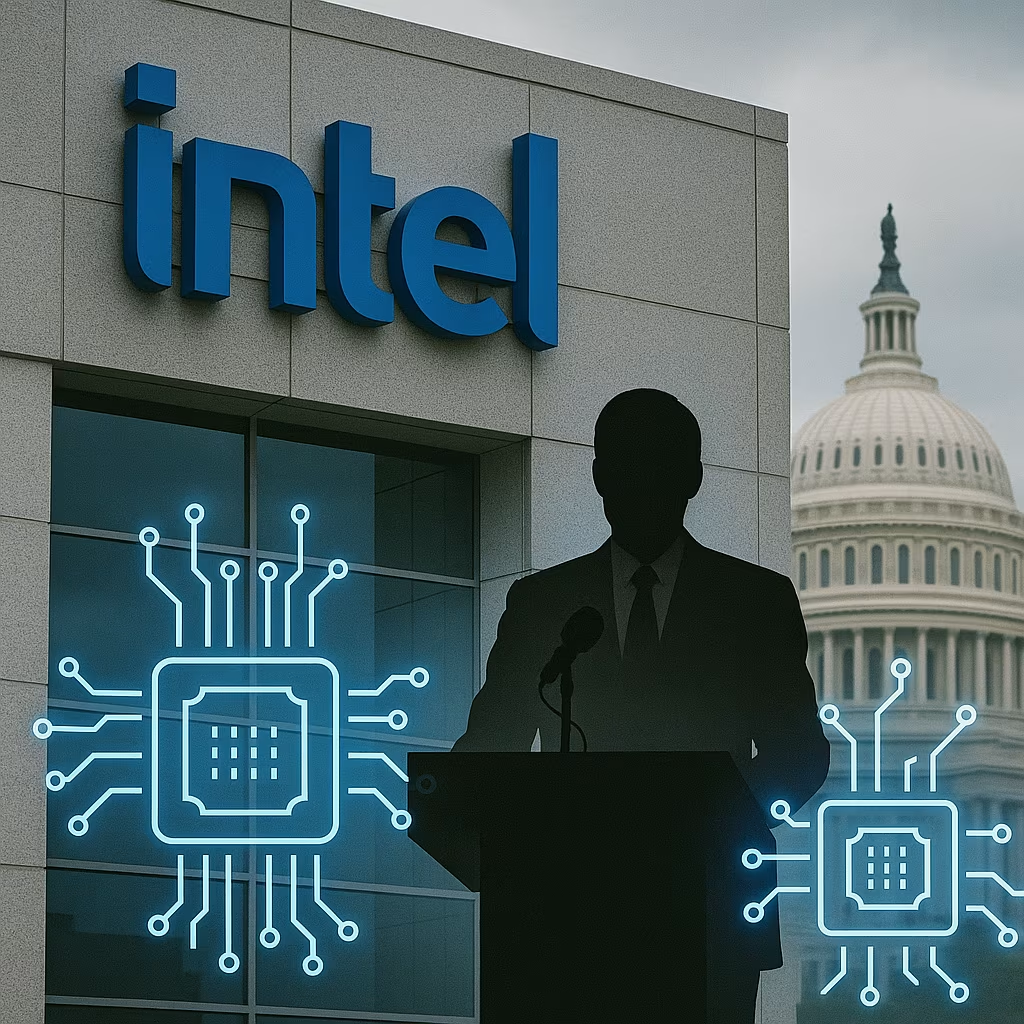In a historic milestone that underscores the explosive growth of the technology sector, Microsoft Corporation has reached a market capitalization of $4 trillion, solidifying its position as one of the most valuable companies in the world. This achievement comes amid a broader rally in tech stocks, fueled by optimism around artificial intelligence, cloud computing, and resilient corporate earnings.
The surge reflects a profound shift in investor sentiment and market fundamentals, as Wall Street increasingly views tech giants not just as growth vehicles, but as pillars of the global economy. Microsoft’s ascent into the $4 trillion club—once unimaginable—marks a pivotal moment for the company, its shareholders, and the future of tech dominance in financial markets.
Breaking the $4 Trillion Barrier
Microsoft’s stock has been on an upward trajectory throughout 2024, driven by strong quarterly earnings, aggressive investment in artificial intelligence, and continued dominance in its core business lines—particularly cloud services through Azure and productivity software through its Office 365 and enterprise suites.
On the day it crossed the $4 trillion threshold, Microsoft shares closed at a record high, reflecting a year-to-date gain of more than 30%. The company’s market cap now places it alongside Apple as the only other U.S. firm to have surpassed the milestone, while pushing it ahead of rivals like Alphabet and Amazon in the valuation race.
The $4 trillion valuation also sends a powerful signal to the market: Microsoft is no longer just a legacy software provider—it is a strategic infrastructure backbone for the AI-driven future.
The AI Flywheel: Microsoft’s Competitive Edge
At the heart of Microsoft’s growth story is its deep integration of AI into products and platforms. The company’s early and substantial investment in OpenAI has enabled it to embed generative AI across its ecosystem—from Copilot in Microsoft 365 to Azure OpenAI Services for developers and enterprises.
These AI tools are not just experimental—they are revenue-generating. Enterprises are increasingly subscribing to premium AI features, and Microsoft’s Azure cloud platform is becoming the default compute environment for companies building AI applications.
This “AI flywheel”—where AI boosts engagement, productivity, and spend—has become a core differentiator for Microsoft, putting it in a position to monetize the AI revolution across every layer of its stack.
Cloud Strength and Enterprise Loyalty
While AI headlines dominate, Microsoft’s cloud business remains a key engine of growth. Azure posted double-digit revenue increases in recent quarters, outpacing many competitors and helping Microsoft gain share in the lucrative cloud infrastructure market.
Enterprise loyalty also plays a crucial role. Microsoft’s dominance in productivity software, business management tools, and operating systems gives it a wide moat, especially in B2B segments. With millions of organizations locked into long-term Microsoft ecosystems, upselling new features—like AI Copilot—becomes more efficient and scalable.
The Broader Tech Rally: Market Dynamics in 2024
Microsoft’s $4 trillion milestone is emblematic of a larger trend: tech stocks are on fire again. The Nasdaq-100, driven by Big Tech, has surged to all-time highs in 2024, fueled by several interrelated factors:
- AI Monetization – Unlike previous cycles, AI is now showing real business value and revenue potential.
- Stabilizing Interest Rates – The Federal Reserve’s pause and soft landing narrative have reassured growth investors.
- Strong Earnings – Companies like Microsoft, Nvidia, and Meta have consistently beaten expectations.
- Retail and Institutional Flows – Tech ETFs and retail platforms have seen inflows as investors seek exposure to innovation.
- Resilient Consumer and Enterprise Demand – Despite macroeconomic uncertainty, demand for digital tools, cloud services, and automation remains high.
In this environment, megacap tech stocks are once again seen as safe havens with upside—a rare combination that explains their sky-high valuations.
How Microsoft Compares to Other Tech Giants
With a $4 trillion market cap, Microsoft joins Apple in a rarefied league. Here’s how it stacks up:
- Apple: ~$4.1 trillion (as of July 2024), driven by hardware sales, services, and ecosystem loyalty.
- Microsoft: $4 trillion, powered by cloud, enterprise software, and AI monetization.
- Nvidia: ~$3.1 trillion, riding the AI chip boom and GPU demand.
- Alphabet: ~$2.4 trillion, focusing on cloud, advertising, and AI R&D.
- Amazon: ~$2.3 trillion, with strengths in e-commerce and AWS.
- Meta: ~$1.5 trillion, recovering through AI-driven ad performance and platform innovation.
Microsoft’s diversification across sectors—cloud, software, gaming (Xbox), LinkedIn, and AI—gives it a more balanced growth profile, helping it weather sector rotations and macro shifts better than most.
Investor Confidence and Outlook
Institutional investors view Microsoft as a core holding in both tech-focused and general portfolios. Its consistent earnings, strong cash flows, and strategic investments make it attractive in both bullish and defensive scenarios.
Analysts remain bullish. Most major research firms have either a “buy” or “strong buy” rating on the stock, citing continued AI monetization, margin expansion, and international growth as long-term catalysts.
Moreover, Microsoft’s commitment to capital return programs, including dividends and share buybacks, reinforces its status as a shareholder-friendly blue-chip.
Risks and Headwinds
Despite its strong momentum, Microsoft isn’t immune to risks:
- Regulatory Scrutiny: As with other tech giants, Microsoft faces antitrust investigations and regulatory pressure, especially around acquisitions and data practices.
- Cloud Competition: AWS and Google Cloud remain formidable rivals, and pricing pressure is a constant concern.
- AI Hype vs. Reality: While AI integration is impressive, monetization must continue to scale meaningfully to justify high investor expectations.
- Global Economic Trends: A global slowdown or currency volatility could affect overseas revenue and enterprise spending.
Nevertheless, Microsoft’s broad diversification and operational discipline make it well-positioned to navigate these headwinds.
What This Means for the Tech Sector
Microsoft’s milestone is more than a number—it’s a symbol of the new digital economy, where intangible assets like software, data, and algorithms generate tangible value. It also reinforces the idea that AI is not just a tool—it’s a business model.
As Microsoft and its peers push valuations to new heights, traditional valuation metrics are being re-examined. Investors are placing premiums on intellectual property, AI capability, and strategic platforms that create defensible moats.
This may mark the beginning of a new era where AI-driven platforms become the primary drivers of stock market growth, replacing previous cycles centered around hardware, social media, or mobile.
A Historic Moment in Tech Investing
Microsoft’s rise to a $4 trillion market cap represents more than just corporate success—it’s a testament to strategic vision, technological foresight, and consistent execution. As AI transforms the way we work, communicate, and innovate, Microsoft stands at the forefront—part technology company, part digital utility, and now, part history.
For investors, this milestone reaffirms the long-term potential of well-positioned tech leaders. For the broader market, it signals a re-acceleration of innovation-fueled growth—with AI as the next major engine.
As tech stocks continue to climb and competition intensifies, one thing is clear: Microsoft is not just keeping pace with the future—it’s helping build it.





